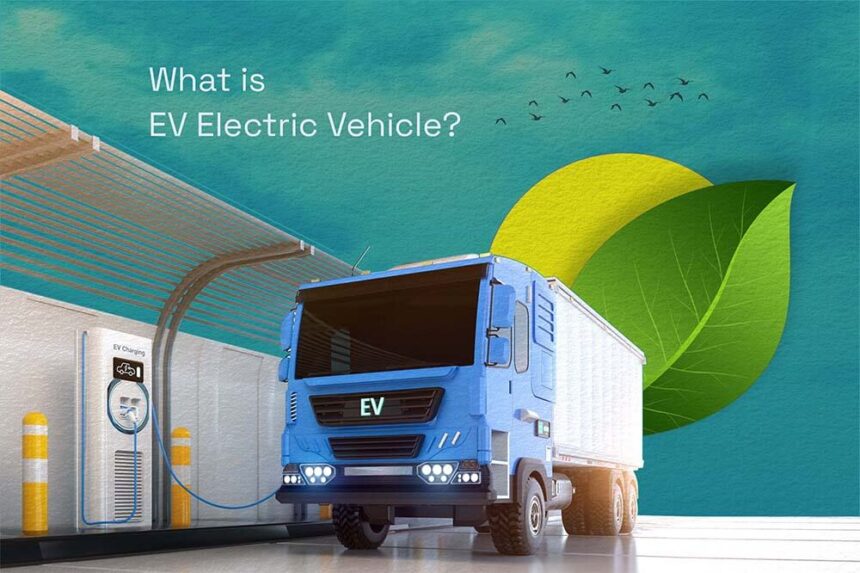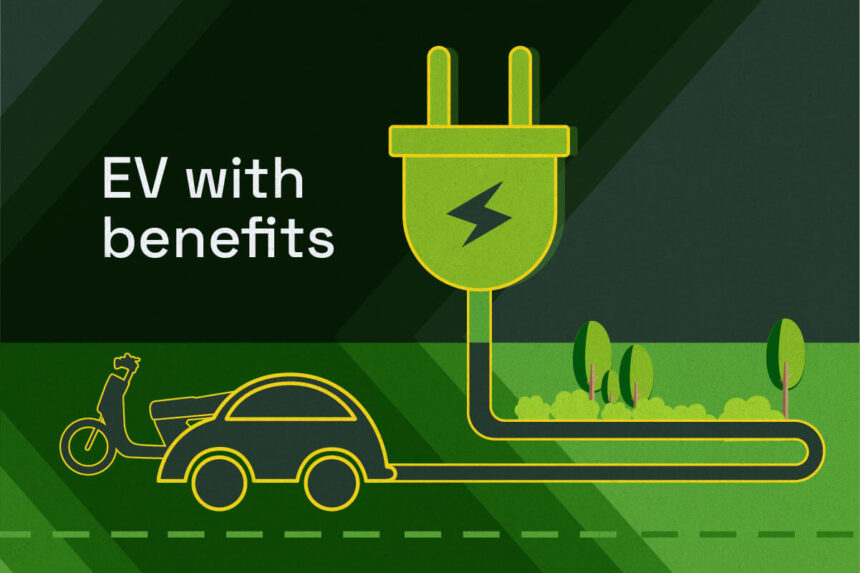Globally electric vehicles or EVs are quickly emerging as a key component of sustainable transportation. Various incentives are being implemented by governments worldwide to encourage the adoption of electric vehicles (EVs) as concerns about air pollution and climate change increase.
By lowering the cost of EVs and increasing their appeal to both consumers and businesses these incentives hope to hasten the transition to cleaner greener modes of transportation. This post will examine the various government incentives available to encourage the use of electric vehicles and their effects on the market.
Monetary Rewards.
Acquire Funds and Incentives.
A lot of governments provide direct discounts in the form of grants or subsidies to lower the initial cost of buying an electric car. With these the price difference between EVs and conventional internal combustion engine (ICE) cars can be considerably reduced.
Cash Rebates: In order to put money back in consumers pockets some regions offer cash rebates following the purchase of an electric vehicle.
Financial Rewards.
Income Tax Credits: Tax credits which let EV buyers deduct a specific amount from their federal income taxes are a well-liked incentive.
Sales Tax Exemptions: Some states and nations exempt electric vehicles from sales tax in an effort to further lower the cost of EVs. Diminished Registration Fees: Over the course of its lifetime owning an electric vehicle (EV) may prove to be more cost-effective due to reduced registration fees and exemption from road taxes.
Non-Potential Rewards.
High-Occupancy Vehicle (HOV) Lane Access. EV owners frequently have access to HOV lanes even when they are driving alone which greatly shortens commutes and improves convenience.
Discounted or Free Parking. For urban dwellers the free or heavily discounted parking that many municipalities provide for electric cars can be a huge financial advantage.
Support for Charging Infrastructure. To facilitate EV owners vehicle charging governments allocate funds towards the expansion of public charging infrastructure. Subsidies for installing charging stations in public spaces and for home charging stations are included in this.
Enterprise Rewards.
Offers for Fleet Purchases. Governments offer grants tax credits and subsidies as financial incentives to companies that switch to electric fleets. Tax deductions for corporations. Tax deductions for businesses that purchase electric vehicles (EVs) and the infrastructure necessary for charging them can support corporate sustainability initiatives.
Grants for research and development. Through grants for research and development governments encourage innovation in the EV industry. As a result more economical and efficient EV technologies are being developed.
The effect of rewards.
These incentives have had a noteworthy effect. Electric vehicles account for the majority of new car sales in nations like Norway where a comprehensive package of incentives has been in place for years. A growing market share for electric vehicles has resulted from federal and state incentives that have sped up the adoption of EVs in the US. China is now the worlds biggest market for electric vehicles thanks to its generous subsidies and encouragement of EV production.
Conclusion
Promoting the use of electric vehicles through government incentives is essential. These incentives are assisting in accelerating the shift to environmentally friendly transportation by lowering the cost barriers and improving the convenience of owning an electric vehicle. We may anticipate seeing even more government support for EV adoption in the future as more governments come to understand the financial and environmental advantages of electric vehicles. Reaching the global climate goals and guaranteeing a cleaner healthier future for everybody will depend heavily on this continued support.






